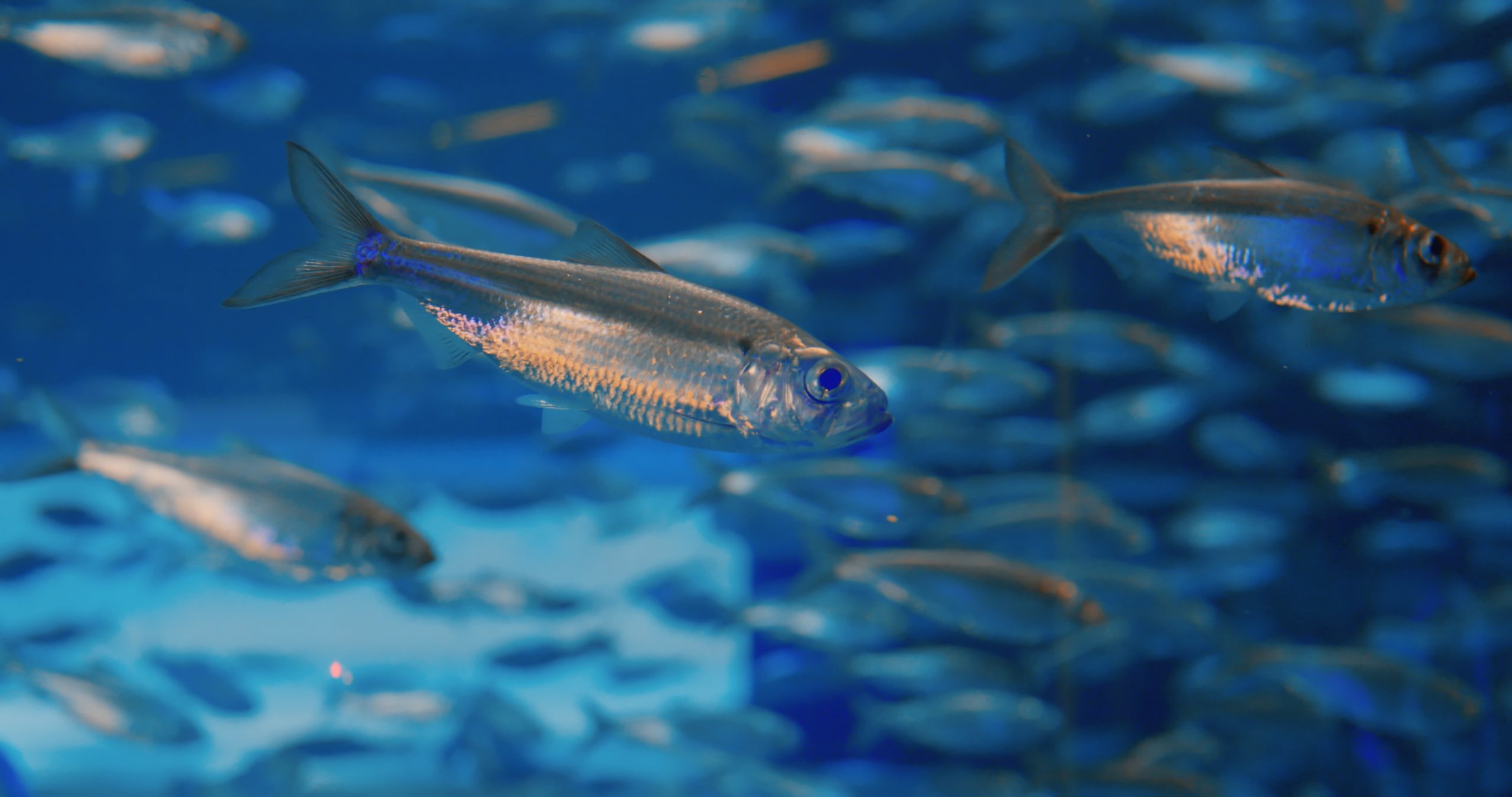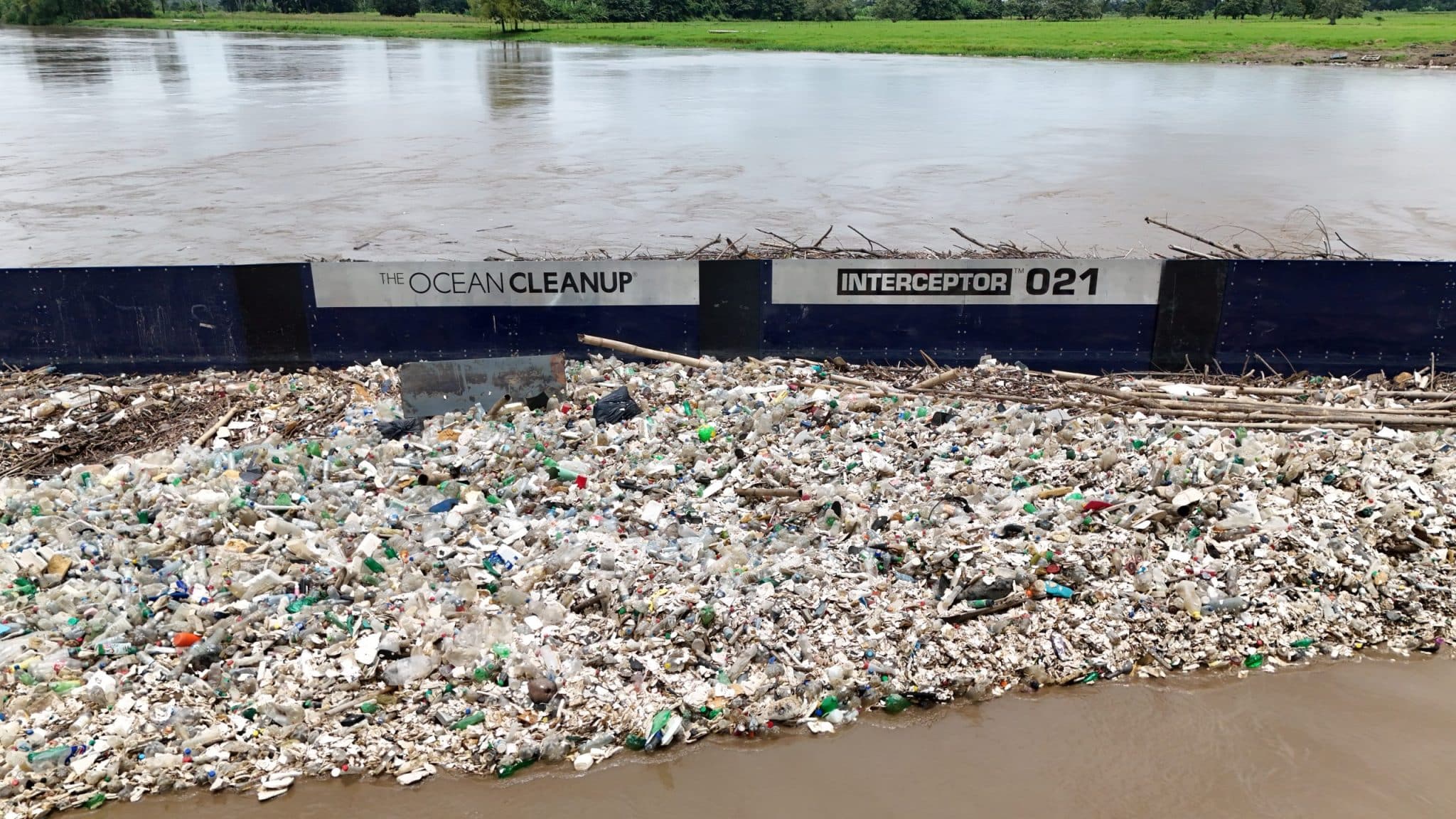Image Credit: shantimedia/123rf.com
Ecuador has made a significant advancement in environmental protection by granting legal rights to its coastal marine ecosystems. The recent ruling by the Constitutional Court ensures that these marine environments are recognized for their “integral respect for their existence and for the maintenance and regeneration of their life cycles, structure, functions, and evolutionary processes.” This landmark decision expands upon Ecuador’s pioneering 2008 constitution, which was the first globally to enshrine the rights of nature, also known as “Pacha Mama” or Mother Earth.
The ruling acknowledges the interconnectedness of marine life and emphasizes its vital role in sustaining a healthy planet. It follows a 2020 legal challenge from industrial fishers who contested a law that restricted their activities within an 8-nautical-mile artisanal fishing zone. The court ruled in favor of maintaining this zone, highlighting its importance for the protection of local fish species and marine biodiversity. The decision reflects the court’s recognition of the dynamic nature of marine-coastal ecosystems and their crucial contributions to climate change adaptation and mitigation.
Ecuador’s legal framework for the rights of nature offers innovative tools to safeguard ecosystems and biodiversity. This framework allows individuals to represent nature in court, enabling challenges to developments that pose threats to the environment. Built on ecocentric principles such as the precautionary approach and prioritizing nature in cases of doubt, this system has already proven effective in curbing harmful projects and preserving biodiversity.
The recent court ruling is expected to set a significant precedent for future legal actions aimed at protecting marine environments. Advocates anticipate utilizing this framework to contest damaging activities, including overfishing and fossil fuel exploitation, both within Ecuador and internationally.
This decision underscores the global significance of marine ecosystems, which play a critical role in mitigating climate change and maintaining planetary health. As Ecuador leads the way in recognizing the rights of nature, it provides a hopeful model for global conservation efforts. The country’s commitment to granting legal protections for its coastal ecosystems illustrates that environmental governance can harmonize ecological integrity with human interests, potentially inspiring similar initiatives worldwide.
Check out the original article here: Source link



